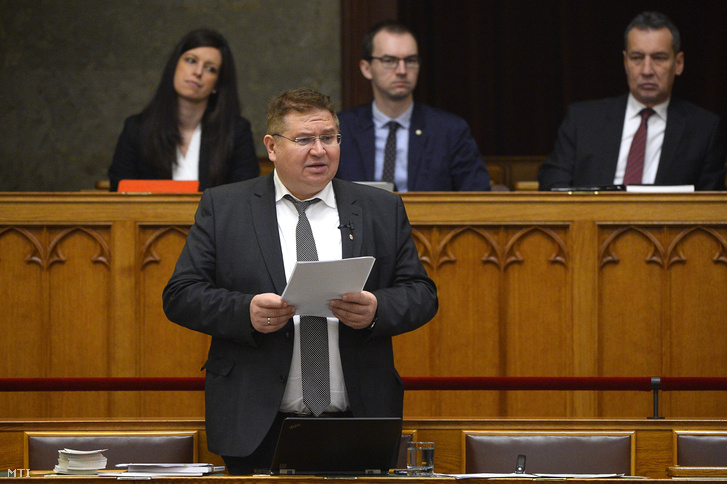Minister soon to start selecting administrative judges

The decree regulating how judges can apply for transfer to the new administrative courts is likely to take effect at the beginning of February, and the proposition is already available on the website of the Government.
Thenew courts will enter into operation in 2020, and judges and judicial clerks have a chance to request their transfer until the end of April by sending their application to the President of the National Judicial Authority or the Curia, but the final decision belongs to the Minister. The aim of this current round is to see how many judicial positions will need to be filled from the ranks of public administration, as the law establishing the new court system allows the Minister of Justice to appoint public officials as administrative judges.
The appointment of these new judges arriving from the administration could be explained by worries that the 3000-strong Hungarian judiciary might not have enough judges with administrative law experience that could fill this new system until the beginning of 2020 that fit the expectations of Viktor Orbán and László Trócsányi. However, many critics warned of the dangers this practice possibly presents.
Last week at a conference held by the Hungarian Helsinki Committee and Amnesty International experts warned that the guarantees of judicial independence are not solid. The new administrative courts will be supervised by the Minister of Justice, who will have such broad powers over them that were unprecedented since the fall of communism.
The law passed in December grants the minister the power to appoint and promote judges. Administrative officials can be appointed as judges with no judicial experience whatsoever, even to the highest levels of the court. "There is a danger that a great number of these new judges will be people who are not used to the independent and autonomous nature of judicial work because they are coming from the instruction-based and hierarchy-driven world of administration," the NGO-s warned, and Hungarian Helsinki Committee's co-chair Márta Pardavi added:
"What this means is that a year from now, the decisions of government agencies can only be attacked before courts whose judges were appointed by that same government."

"Such a system violates everyone's rights, it violates the separation of powers, and undermines the trust in the legal system, which eventually endangers Hungary's competitiveness," Dávid Víg, Amnesty International Hungary's director explained. The new administrative courts will be adjudicating politically sensitive cases that affect many, such as tax disputes, cases connected to environmental issues, competition law, freedom of assembly, or asylum proceedings.
The May deadline for applications means that the initial body of the administrative judiciary will, after all, be selected by the current Minister of Justice, László Trócsányi. Trócsányi will be resigning from his ministerial position after the European Parliamentary elections, but not due to becoming an MEP but because the cabinet is likely to appoint him as a member of the European Commission. His successor is likely to be István Bajkai, the attorney of Prime Minister Viktor Orbán's family and a politician of Fidesz. The other small change is that the president of the National Judicial Authority and the Curia will be able to request their transfer to the administrative courts anytime regardless of the deadline, which means current NJA president Tünde Handó or the head of Curia Péter Darák might still be a threat to the expectant István Patyi's position, who already resigned from being the rector of the National Public Service University and the head of the National Election Committee in order to secure his seat as president of the administrative court system.
This article is the slightly modified translation of the original published by Index in Hungarian.

Support the independent media!
The English section of Index is financed from donations.


